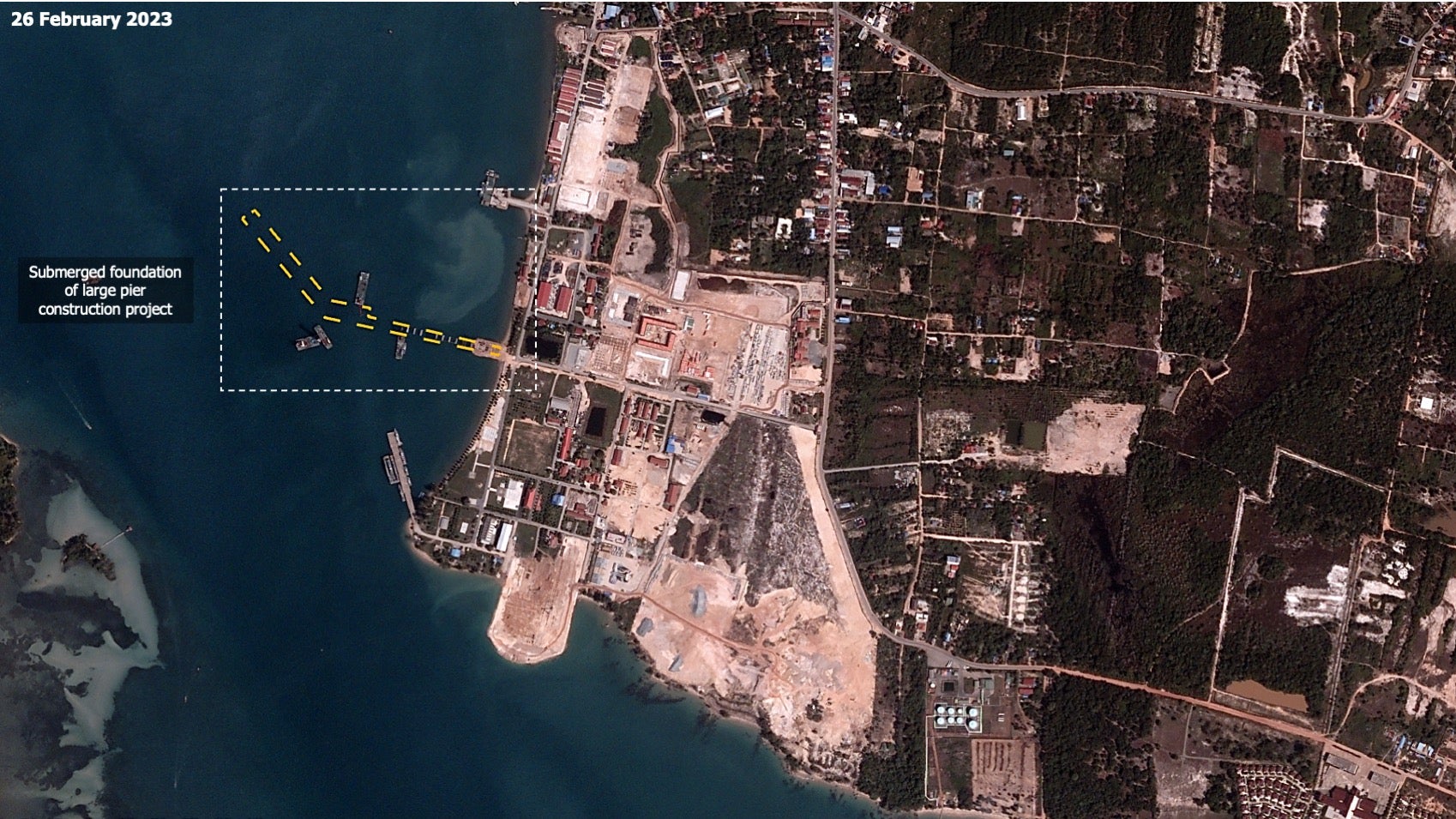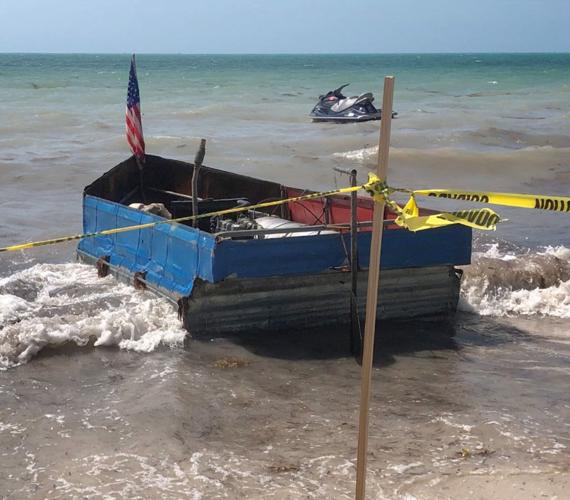Meanwhile, our Commander in Chief has left the United States for a G7 Summit in Italy.
Cuban armed forces said in a statement Thursday, confirming the military exercises first disclosed by U.S. officials on Wednesday.
The Cuban Revolutionary Armed Forces said the Russian missile frigate Admiral Gorshkov, the nuclear sub Kazan, the oil tanker Pashin and the salvage tug Nikolai Chiker are included.
***
THE PENTAGON – A nuclear Russian submarine carrying guided missiles with a range of 1,000 nautical miles is operating off the East Coast as part of Russian missile drills in the Atlantic.
Kazan, a Yasen-M-class guided missile submarine, is part of a naval action group the Russian Ministry of Defense deployed to the Atlantic. The group is bound for the Caribbean as part of military drills ordered by the Kremlin against the backdrop of the war in Ukraine, according to the MoD.
On Tuesday, Kazan and the advanced guided-missile frigate Admiral Gorshkov tested anti-ship missiles in the Atlantic at targets with a range of more than 350 miles before resuming its transit to a previously scheduled port visit to Havana on Wednesday, the Russian MoD said in a statement.
Ship spotters are tracking the Russian action group off the coast. The group was operating just east of the Florida Keys as of Tuesday afternoon and is under surveillance by at least three U.S. guided-missile destroyers and a P-8A Poseidon anti-submarine aircraft, according to public flight and ship tracking data.
A Navy spokesperson referred USNI News to the Office of the Secretary of Defense when asked about the U.S. warships. A Pentagon spokesperson would not confirm the details, but provided a Monday statement about the Russian exercises.
“Russia will conduct heightened naval and air activity near the United States. These actions will likely culminate in a global Russian naval exercise this fall. We are expecting that Russia will temporarily send combat naval vessels to the Caribbean region and these ships will likely conduct port calls in Cuba and possibly Venezuela,” reads a statement from OSD.
“There may also be some aircraft deployments or flights in the region. Russia’s deployments are part of routine naval activity and we are not concerned by Russia’s deployments, which pose no direct threat to the United States. “
While Russian ships operating in the Caribbean is not new, the submarine and the frigate are among the most advanced Russian warships and their presence is the largest visit of Russian Navy ships to the region in years. For example, last year the training ship Perekop sailed to Havana.
The modern Kazan and Gorshkov both field a variety of anti-ship and land attack weapons. While it’s unclear what weapons the two ships used during the Tuesday test fire, they both can field the 1,000-mile range 3M-54 Kalibir NK land attack cruise missile, the P-800 Oniks anti-ship missile and the 3M-22 Zircon hypersonic anti-ship cruise missiles.
According to a report in RUSI, Kazan could field up to 32 P-800s, 40 Kalibirs and an unknown number of Zircons.
The Kalibir, modeled on the U.S. Tomahawk Land Attack Missiles, is a key weapon for the Yasen submarines.
The silent operation and weapon load out of the 13,800-ton submarines are reasons U.S. officials have used to describe the boats as some of the most capable in the world.
For the Yasens, “long-range strike missions appear to … a primary task. This will likely necessitate a change in how NATO manages the anti-submarine warfare challenge in the High North, given that a strategy of barrier defense at the Greenland–Iceland–U.K. gap may actually do little to impact Russian submarines, which may have little need to traverse this barrier in order to achieve their operational ends,” according to RUSI.
Last year, then-commander of U.S. Northern Command Gen. Glen VanHerck said the deployment of cruise-missile submarines off the coast of the U.S. is increasing and is a growing concern for homeland defense.
“[The risk is] absolutely increasing. Within the last year, Russia has also placed their [Yasens] in the Pacific,” he said.
“Now not only the Atlantic, but we also have them in the Pacific and it’s just a matter of time – probably a year or two – before that’s a persistent threat, 24 hours a day. … That impact has reduced decision space for a national senior leader in a time of crisis.”




 .Satellite imagery of Ream Naval Base from 5 February 2023, annotated to show the shape of the pier extension. Original image courtesy of BlackSky
.Satellite imagery of Ream Naval Base from 5 February 2023, annotated to show the shape of the pier extension. Original image courtesy of BlackSky
